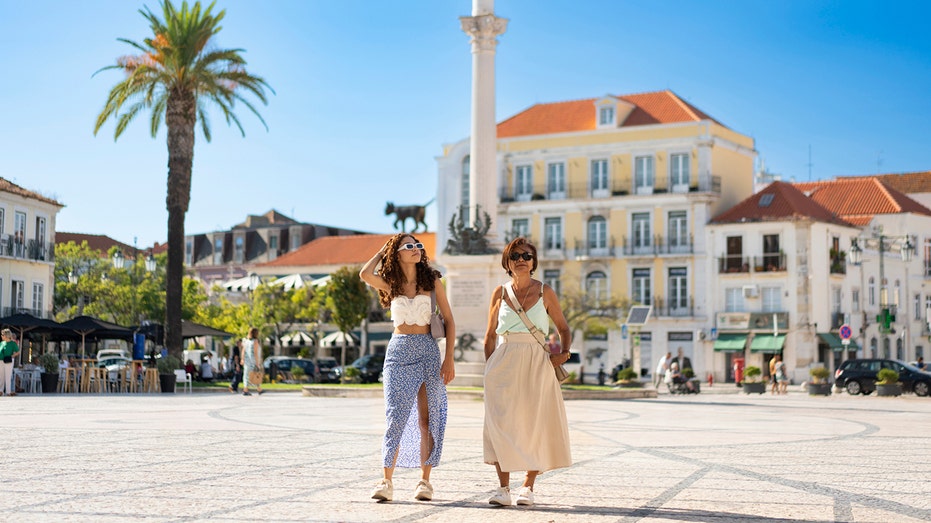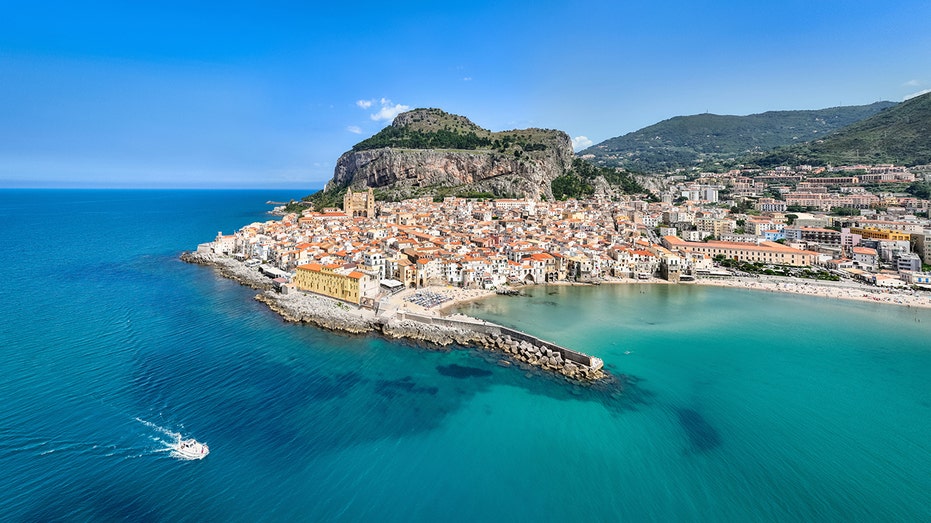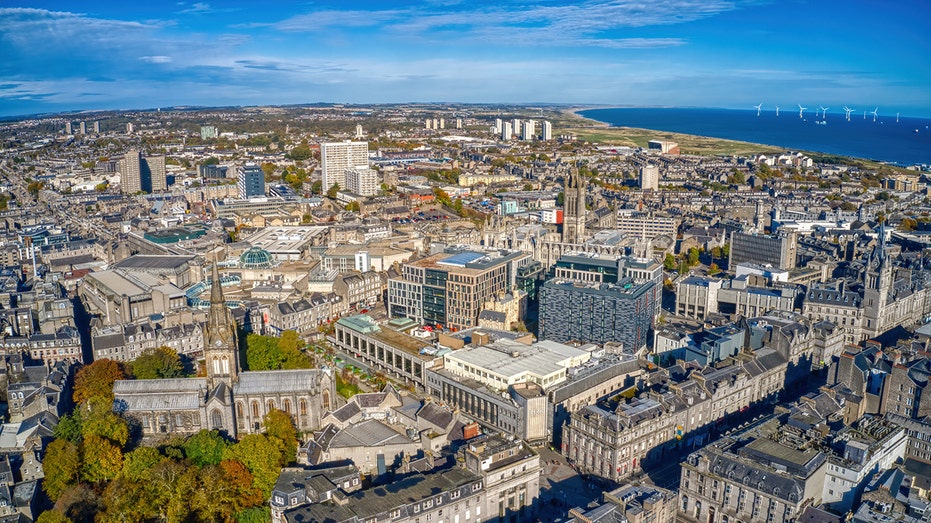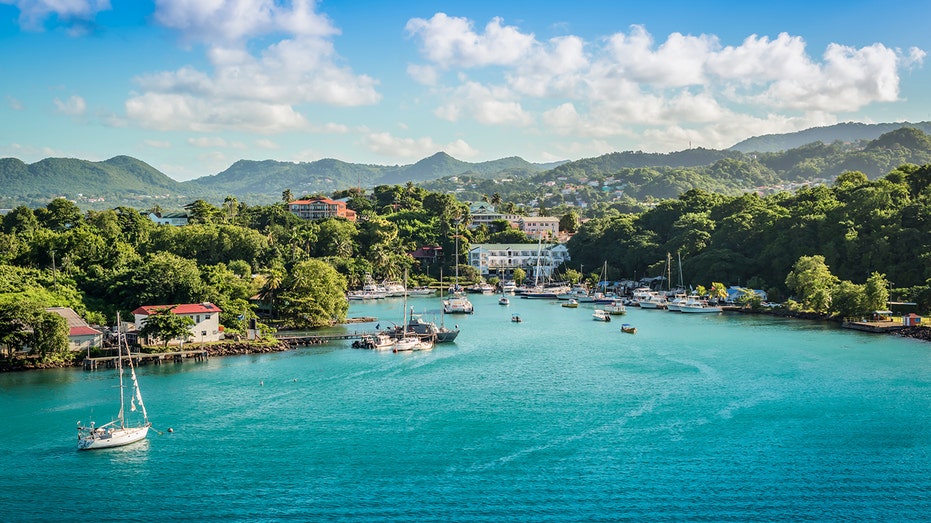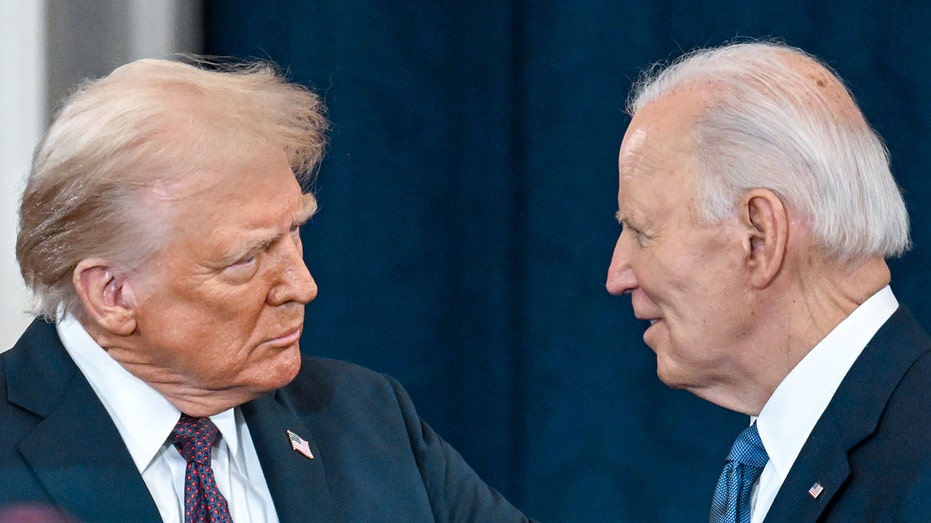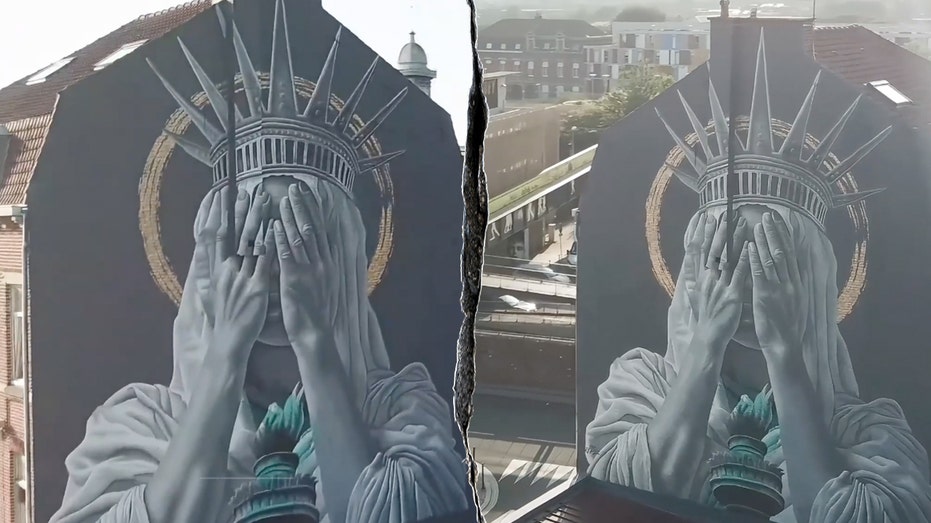The Real Reason Wealthy Americans Are Eyeing 'Golden Visas': Beyond Vacation Homes

Sarah Johnson
August 15, 2025
Brief
Analysis of why wealthy Americans seek 'golden visas,' revealing anxieties about political stability, economic uncertainty, and global mobility.
Opening Analysis
The increasing interest among wealthy Americans in "golden visas" is more than just a trend – it is a symptom of deeper anxieties about political stability, economic uncertainty, and global mobility. While the concept of residency or citizenship by investment is not new, its growing appeal to Americans signals a shift in how the nation's elite perceive their own security and opportunities in an increasingly interconnected world.
The Bigger Picture
The concept of citizenship or residency by investment has been around for decades, with countries like St. Kitts and Nevis pioneering early programs in the 1980s. These programs initially targeted individuals from countries with unstable political or economic climates, offering a haven and greater freedom of movement. Over time, the landscape evolved, with countries like Malta, Portugal, and the UAE entering the arena, each with unique offerings. The rise of globalization, coupled with increased political polarization and economic volatility in nations like the United States, contributes to this heightened demand. Historically, periods of social and economic upheaval have consistently driven interest in alternative citizenship options. The fall of the Berlin Wall, for example, saw an increase as people sought greater freedom; and now the pandemic and global political instability is making it even more popular.
What This Really Means
The appeal of golden visas extends beyond mere vacation destinations or tax havens. For many wealthy Americans, these visas represent a form of 'insurance policy' against potential future uncertainties. This might include concerns about political instability, changes in tax laws, or even personal safety. Owning a second residency or citizenship provides an option to relocate if circumstances at home become undesirable. Furthermore, it eases international travel and opens new business opportunities in different markets. The fact that places like Malta adjust their frameworks to favor skills and innovation over economic contribution demonstrates a move toward attracting individuals who can actively contribute to their societies and economies.
Expert Perspectives
Prof. Kristin Surak, Professor of Political Sociology at the London School of Economics, a leading academic voice on citizenship by investment programs, notes, "These programs raise fundamental questions about the nature of citizenship and its commodification. While they may offer economic benefits to host countries, they also risk exacerbating inequalities by creating a two-tiered system where wealth determines access to rights and privileges." According to immigration lawyer Reaz H. Jafri: "We're seeing a surge in interest in second citizenships not just for tax benefits, but for personal safety and the ability to quickly relocate if needed. High-net-worth individuals are increasingly viewing these programs as essential components of their global risk management strategies."
Data & Evidence
According to Henley & Partners, a global citizenship advisory firm, inquiries about residency and citizenship by investment programs from U.S. citizens increased by 300% between 2019 and 2024. Data from Investment Migration Insider shows that the global market for investment migration is projected to reach $100 billion by 2025. Portugal's Golden Visa program, since its inception in 2012, has brought over €6 billion into the country, primarily through real estate investments. Meanwhile, the UAE's Golden Visa has attracted significant investments from skilled professionals and entrepreneurs, contributing to the country's economic diversification efforts.
Looking Ahead
The trend of wealthy Americans seeking golden visas is likely to continue, driven by ongoing political and economic uncertainties. We can expect to see more countries refining their programs to attract specific types of investors and skilled professionals. This could lead to greater competition among nations offering such visas, potentially resulting in more favorable terms for applicants. The long-term implications include a potential reshaping of global wealth distribution and a rise in transnational lifestyles, as individuals become less tied to their country of origin. It's worth watching how these programs evolve to address criticisms related to inequality and potential security risks.
The Bottom Line
The rise in golden visa applications highlights the increasing desire of wealthy Americans for global mobility and security. While these programs offer numerous benefits, they also raise critical questions about the commodification of citizenship and their potential impact on global inequality. As more countries compete for investment and talent, golden visas will likely become an ever more important part of high-net-worth individuals' strategies for navigating an uncertain global landscape.
Topics
Editor's Comments
While the news focuses on the 'golden' aspect, suggesting a luxurious pursuit, it's crucial to understand the undercurrent of unease driving this trend. Wealthy individuals often have the resources to mitigate risks, but their increasing interest in these visas serves as a canary in the coal mine. It points to vulnerabilities they perceive in their own countries and raises important questions about societal stability and confidence in national institutions. Are golden visas a symptom of a globalized world breaking down, or a new economic reality? What will happen when a significant chunk of the population is not just nationally, but multinationally invested? It's a scenario that requires careful consideration.
Like this article? Share it with your friends!
If you find this article interesting, feel free to share it with your friends!
Thank you for your support! Sharing is the greatest encouragement for us.
